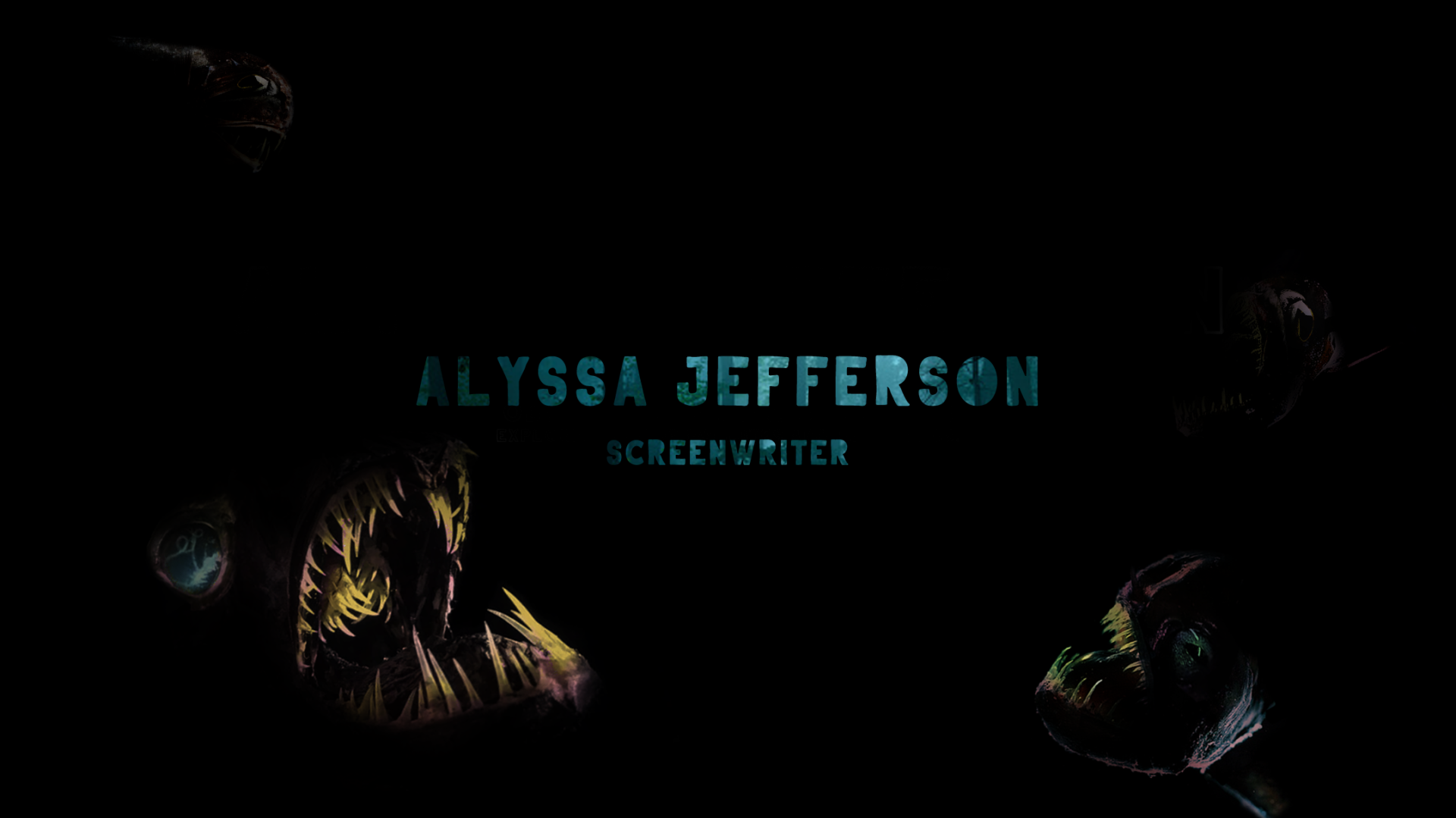When I first shared the post, The Dreaded Query Letter, I got feedback from a handful of screenwriting friends, asking me if it was really a necessary post. Questioning if you really need to know how to write query letter. While my answer was and continues to be “fuck yes, it’s important,” their skepticism did get my brain-wheels a-churnin’.
As I’ve admitted previously, I didn’t score representation through querying– not technically. I queried for a year, got a dozen or so read requests, and that’s as far as that went. This isn’t unusual; I know a lot of writers who have been querying various specs for years, some decades. It’s just part of the grind– but what a lot of screenwriters figured out before me, is that you can actually pay to get your work in front of people. It’s just figuring out WHO.
There are a ton of scamming “agencies” guising as consultants that will gleefully take your money for little to nothing in return. “Managers” asking for payment of their time up front. That’s not how it works! Never pay for a Reader…
… Unless you have the chance to win some attention and cash. I’ve only ever submitted to two screenplay competitions, so I’m not claiming to endorse all/any of the competitions listed below, but it was thanks to THE GARDENER’s placement in a competition that I signed with my representation. Even if you don’t win a competition, placing in one could earn interest. In this industry, all you need is a little interest.
So, who to give your money to? Which competitions to submit to? I prefer those that offer feedback, no matter the usefulness of said feedback (if you’ve read my earlier posts, you’ve read my frustration over severely contradicting reader notes). There’s always a chance the feedback will be useful somehow, but if nothing else, it proves someone read your work, and as a naturally suspicious/nervous person, I appreciate that confirmation.
 Probably the most prestigious competition (the one that helped earn me representation), is the Academy Nicholl Fellowships. This is an annual competition, with early submissions starting in February at $40. The regular submission fee is $55 until April, and late fee is $75 per feature spec until submissions close on May 1st. You get at least one reader note, often two, and you have the chance to win $35,000. Odds are slim, with an average 7000 or so submissions, but even placing as a Quarterfinalist (the top 5%) is a big deal.
Probably the most prestigious competition (the one that helped earn me representation), is the Academy Nicholl Fellowships. This is an annual competition, with early submissions starting in February at $40. The regular submission fee is $55 until April, and late fee is $75 per feature spec until submissions close on May 1st. You get at least one reader note, often two, and you have the chance to win $35,000. Odds are slim, with an average 7000 or so submissions, but even placing as a Quarterfinalist (the top 5%) is a big deal.
I’ve also submitted to Bluecat, and while my Nicholl Fellowship Quarterfinalist spec didn’t place at all (I’M NOT BITTER!), I really liked the very quick and specific reader notes. It’s as if readers had a little questionnaire, so ‘reviews’ seemed more in-depth than the paragraph or so I received from Nicholl’s readers. Bluecat holds competitions for both features and shorts. One feature winner takes $15,000 (and four runner-ups get $2,500), and the shorts winner gets $10,000 (and three runner-ups, $2,000 each). Early submission is $55 for features, $35 for shorts, and every entry gets one reader analysis.
Another competition that is nearly as huge as Nicholl’s, is the Austin Film Festival. While Nicholl’s might name up to 5 winners, the Austin Film Fest names 10 winners, but it seems to be by category/genre, and the winnings apparently differ between them. Cash prizes range from about $5000 to $1000. Also unlike Nicholl’s, you can submit features, shorts, and teleplays to AFF, so if features aren’t your thing, maybe this competition is the way to go.
I’ve also heard good things about Script Pipeline, Scriptapalooza, and Tracking Board’s Launchpad, though I don’t know if they offer feedback (and some may charge extra for it). If you have pockets full of fiddies, submit to e’ryone! If you’re cheap/a normal human, with normal financial pressures, I believe the best direction for your dollar is Nicholl’s. Not only have I had the most success with them, but they’re the best of the best. If you want to get anywhere in this competitive industry, you want to compete with the best.
